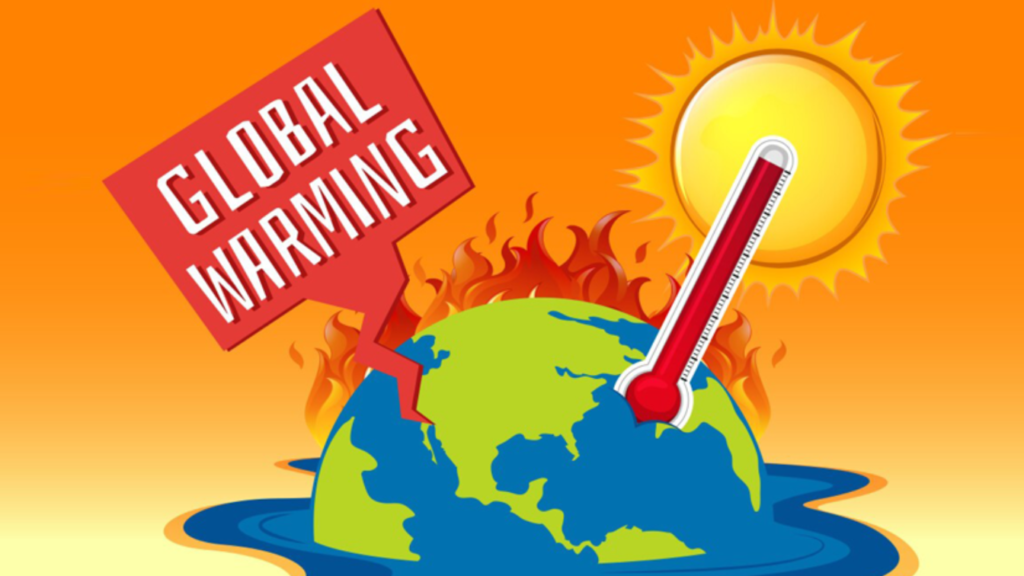The climate crisis induced by global warming is threatening ecosystems, economies, and livelihoods globally and needs urgent action to make Earth a livable planet for future generations. Global warming and climate change are two sides of the same coin, with one driving the other.
Global warming refers to the steady increase in Earth’s average surface temperature due to human activities, especially burning fossil fuels that release greenhouse gases into the atmosphere. On the other hand, climate change encompasses the broader impacts of this warming, including extreme weather events, rising sea levels, and disruptions to ecosystems and biodiversity. To mitigate the most catastrophic effects of these phenomena, limiting global temperature rise to 1.5°C above pre-industrial levels is crucial.
However, current global emission reduction commitments are insufficient and need transformative action at the policy level. One of the most critical areas of focus is the interconnectedness between global warming and climate security. Climate change amplifies vulnerabilities in regions like Africa, such as water scarcity and resource-based conflicts. Extreme weather events and dwindling natural resources are pushing communities toward instability. Similarly, rising sea levels threaten small island nations and low-lying coastal areas, creating a sense of urgency for global cooperation on climate action.
India, as a rapidly developing nation with a large population, has committed to ambitious climate goals under the Paris Agreement. It aims to achieve net-zero emissions by 2070 and has focused on enhancing renewable energy capacity, with solar energy playing a central role in this transition. Additionally, India has undertaken large-scale afforestation programs and is committed to expanding its green cover to combat the effects of deforestation and soil erosion. India’s National Action Plan on Climate Change outlines eight key missions focusing on energy efficiency, sustainable agriculture, and climate adaptation, underlining its commitment to mitigation and resilience-building.
Thus, to tackle this intertwined phenomena that demand immediate and collaborative action globally should be addressed with the multifaceted approach. While challenges remain, global collaboration through frameworks like the Paris Agreement and commitments to net-zero targets are essential. Moving forward, the stringent emission cuts with green investments to support climate adaptation and resilience will foster environmental stewardship and a sustainable future for the planet.

